He once told me: “Not everyone who holds a pen is a journalist, but anyone who sincerely records life, with kind words and a sincere heart, is doing journalism.” I did not object, but felt light-hearted as if I had just heard an instrumental song by a deserted river. Once I visited the school where he taught, sat behind the classroom, and listened to him lecture on an old reportage - an article about a poor commune in a coastal area. His voice was low and steady, but his eyes were sparkling. The students were completely silent.
At the end, he only said one sentence: “The writer of that article did not say much, only told about bare feet and salty hands. But I believe that thanks to words like that, people will love each other more.” I left, my heart filled with a feeling that is difficult to name. Maybe it was the silent but steadfast belief that words, if they do not help people live more kindly, should not be used in the name of anything too great.
My friend is still in the countryside, teaching and writing for newspapers. His articles are simple but warm like a kite in the windy afternoon. He doesn’t care about fame, nor does he compete to stand out. Writing for him is simply a way of recording life. I am always grateful for friends like that. Because they remind me that journalism is not only a profession, but also a way of life: Living with love, meaning, living responsibly with every dot and comma you put down in a world full of many crooked things.
2. In the days of June, amidst the bustle of summer, I often remember Mr. Tu - an old writer, retired for decades, living in a small village along the Gianh River. Mr. Tu no longer writes, his hands tremble, his eyes are dim, his memory has faded with the years. But there is one thing he does not forget: Every morning he still waits for the newspaper that still smells of ink to flip through each page, waiting for each sentence, each word. And he still remembers each issue, remembers even the small details that to him mean a lifetime.
One time when I visited him, I saw him intently looking at a faded newspaper page. He smiled toothlessly: “I’m used to reading, but my eyes are dim, mainly… remembering. When I wrote, there were no computers, the articles were written with a pen, mimeographed, with a strong smell of ink.” He said that war reporters like us not only carry pens and paper, but also have to practice carrying serenity in the midst of danger. I looked at his hands, the skinny fingers, dotted with freckles, but still seemed to carry the memories of a time typing on an old typewriter, next to a flickering oil lamp, through fire and bullets.
Another time, he told a story about writing about a flood-prone area in Quang Binh . It was pouring rain. At night, he slept in the kitchen loft with the villagers, listening to the sound of water dripping against the wooden wall. His poor mother brought out a handful of cold rice and put it in his hand: "Journalists, eat this first, leave early tomorrow." He tearfully said: "Being a journalist is not just about reporting news. Being a journalist is about going, meeting, feeling the pain of the people, and writing what comes from your heart."
Mr. Tu no longer writes, but every morning he still sits and waits for the newspaper to arrive, as if waiting for an old friend. He still smells the ink, turns each page, looking for someone to write about his village, about the Gianh River that is drying up, about the children at the entrance of the village… Small things but they make up the soul of the village.
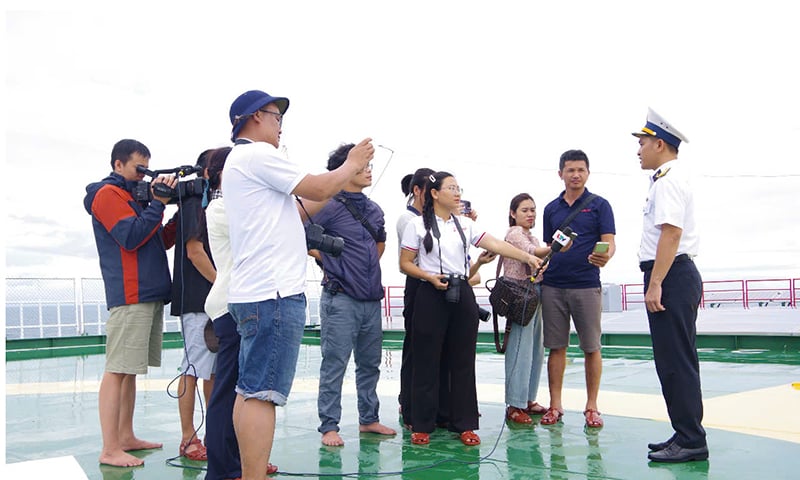 |
I left his house on a peaceful afternoon. The sun was leaning towards the river. His back was bent under the afternoon shadow. Maybe one day, no one will remember who he was, but there will still be someone who reads the lines he wrote and feels their heart warm again. Because as he once told me, if journalism is just for reporting news, it is like water flowing through the palm of the hand. But if there is passion, faith, and love in each word, the words will stay.
3. My colleague has dreamed of becoming a journalist since she was very young, although at that time, she did not fully understand what journalism was. She said that she only remembers sitting for hours glued to the pages of old newspapers that her mother brought home to pack, cutting out news articles and pasting them into her notebook, then imagining that she would write stories that would change someone's life. She believes that journalism is a guiding light. She believes that just holding a pen is enough to do something useful for life and for people.
Then she grew up and took the entrance exam to journalism school. During the first years of studying far away, the difficult life of a poor student in the city made her want to give up. There were nights when she sat under the porch of her rented room, watching the rain wet her hair, and asked herself: "Why am I pursuing this career?" Then there were the handwritten letters from her mother, friends, teachers, and seniors, no one said anything big, just quietly encouraged: "Keep writing, don't forget what made you start". They were the light for her to walk on the most precarious path.
After 20 years of working, one day, she realized: The great things that she thought journalism could do - changing society, uncovering the truth, becoming a "hero of words" - she still hadn't accomplished. But there was one thing she did and never regretted: Working with kindness. She said, don't expect to do great things, just in a time full of uncertainty, fake news, hasty news, news to attract attention, journalists can still choose a different way of life, with silence, patience and kindness.
Kindness in asking a poor person if they need to remain anonymous? Kindness in refusing to quickly type an unverified news article. Kindness in thanking those who tell their life stories, not as reporters, but as people who need to be understood. Journalism teaches her to listen, to be patient, and most of all, teaches her to keep faith in seemingly small things: A word written does not hurt anyone, an article does not damage the trust of readers, a life as a journalist does not dilute kindness.
Just believe that one correct word, one straight line, one unsophisticated sentence is a way to keep the light in the dark days. Under the seemingly silent lines, there are so many things living. And writing, as my friend used to say, is a way for people to love each other more.
Dieu Huong
Source: https://baoquangbinh.vn/van-hoa/202506/viet-de-biet-thuong-nhau-hon-2226838/










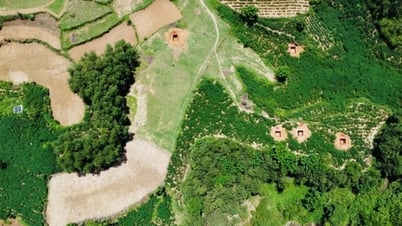

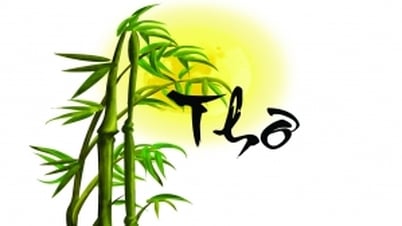


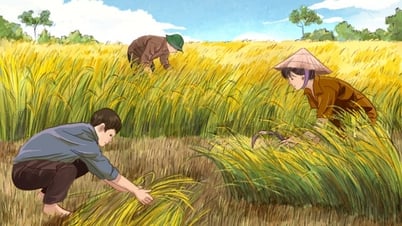




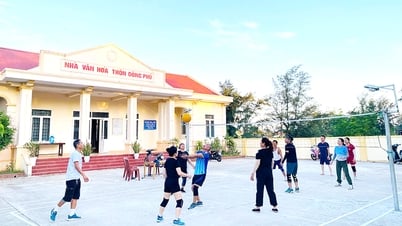
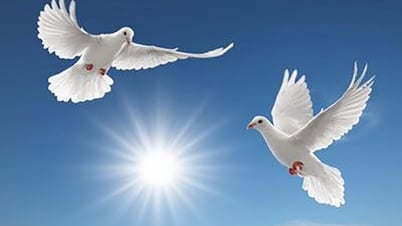

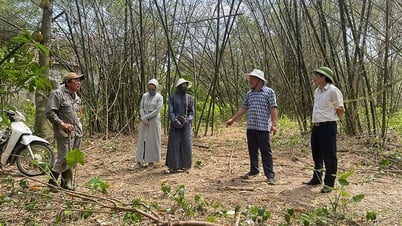




































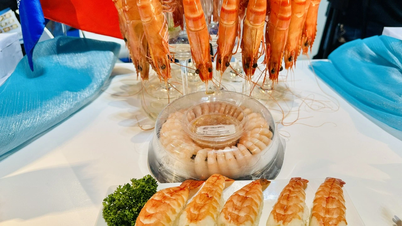

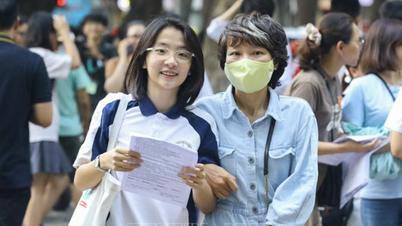









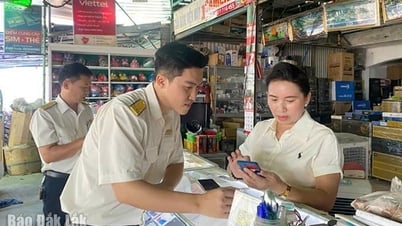
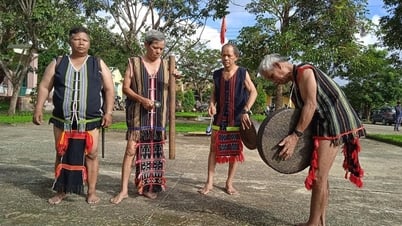
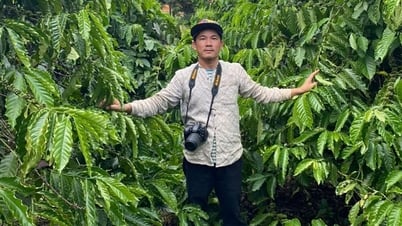







![[OCOP REVIEW] Tu Duyen Syrup - The essence of herbs from the mountains and forests of Nhu Thanh](https://vphoto.vietnam.vn/thumb/402x226/vietnam/resource/IMAGE/2025/6/5/58ca32fce4ec44039e444fbfae7e75ec)







Comment (0)